 Well what do you know, Rakuten who are hotting up the marketplaces competition with a rash of acquisitions over the last 12 months (Play.com, Tradoria, Priceminister) have just jumped into the ereader market. Rakuten have bought Kobo, which puts them bang in line for a major competition with Amazon and the Kindle, and if they combine it with already being one of the three biggest marketplaces in the world it could be a pretty even contest.
Well what do you know, Rakuten who are hotting up the marketplaces competition with a rash of acquisitions over the last 12 months (Play.com, Tradoria, Priceminister) have just jumped into the ereader market. Rakuten have bought Kobo, which puts them bang in line for a major competition with Amazon and the Kindle, and if they combine it with already being one of the three biggest marketplaces in the world it could be a pretty even contest.
They’ve got a fair way to go though, Amazon just announced that they’ll be selling their Kindles in major US offline stores such as Best Buy, Target, Walmart, Staples, Sam’s Club, RadioShack and Office Depot. They’ve also got a fair headstart on the market whereas Kobo is tiny costing Rakuten just $315 million. Amazon have the Kindle Fire giving customers access to over 18 million movies, TV shows, books, magazines, apps and games whereas the Kobo is… well an ereader. But with a marketplace (or rather a string of marketplaces) worldwide to sell eBooks and eReaders to it can’t be a bad move and it might just be a brilliant move to propel Rakuten into the e-media market.
The question really is are eBay going to continue to miss out on sales of eBooks, e-Music, e-Films, e-Newspapers, e-magazines and e-Games? They banned all sales of digital goods years ago, have no centralised delivery mechanism, and no apparent interest in resurrecting digital sales.
The trouble is whilst when eBay’s customers wander over to iTunes to buy digital content eBay can probably live with it, but if eBay’s customers wander over to Amazon or Rakuten, and start to make physical purchases alongside their digital downloads, then in the long term that could be an arrow though the heart of eBay’s marketplaces business.
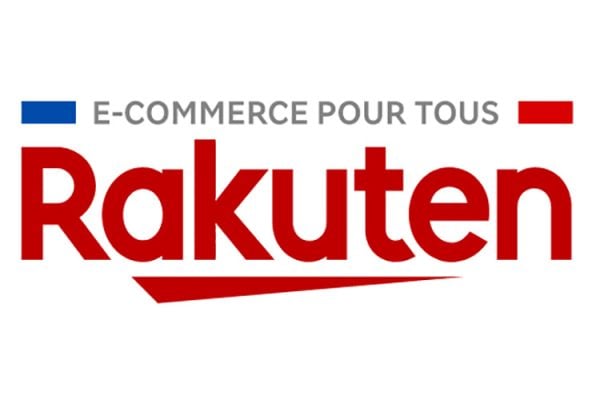
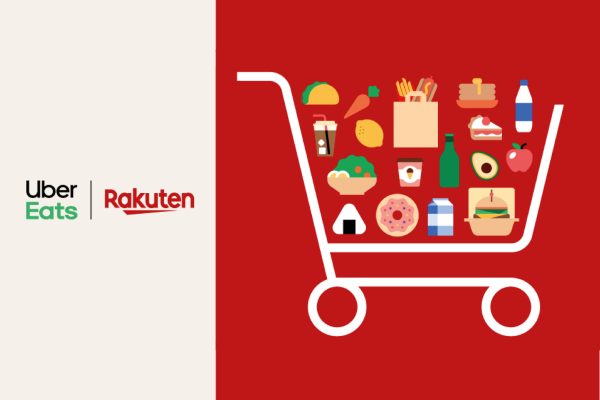

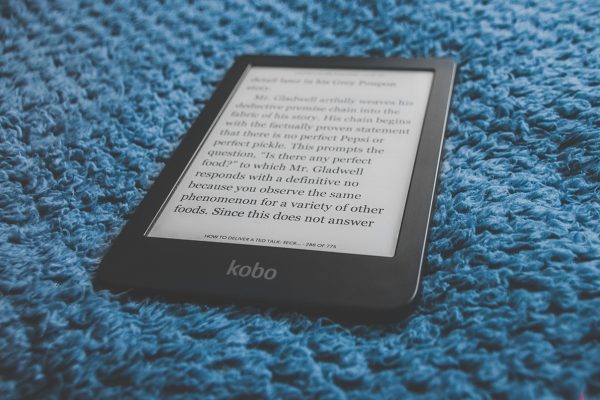
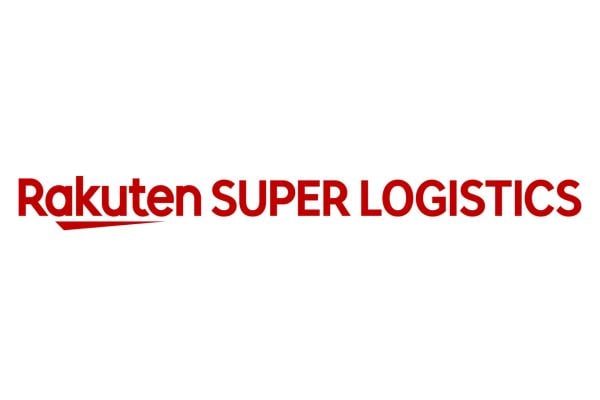



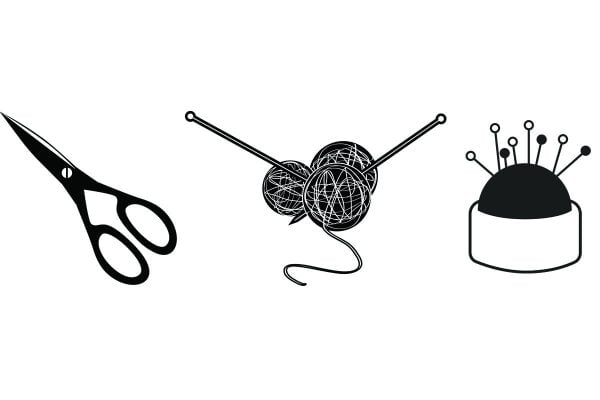
3 Responses
The fees charged for access to the digital marketplace are around the 30% mark.
The issues that eBay had with digital products related to affiliate multi level marketing type products and their use to manipulate the eBay feedback system.
As long as eBay introduce a new dedicated feedback system exclusive to ebooks that cannot be linked in any way to sales of physical goods then that could go a long way to resolving former issues.
Seems to me that eBay are focusing on Paypal. I was out shopping last week and I’m sure I heard in a Matalan store that they are now accepting Paypal.
The prognosis is not good for a return to digital sales on eBay any way you look at it. eBay branded all digital content sellers as shady. That mindset is pretty rigid.
It was not just the eBay template makers and eBook sellers who were effectively put out of business with less than 24 hours notice by eBay’s precipitous and ‘damn the torpedoes’ policy change. eBay could just have easily adopted a “no feedback on digital items” policy or ‘quarantined’ them on a half.com like sub site.
The art and crafts community was severely damaged. Perfectly respectable photographers, artists, sellers of scrapbooking items, knitting, quilt and crochet pattern designers, garment pattern makers, embroidery machine pattern digitizers, and long arm machine quilting pantograph sellers were given the boot too.
They have mostly survived and are thriving on Etsy, Artfire and their own websites. They now have control of the payment method they choose and do not have to contend with the whims, high prices and constant ‘seller update’ revisions on eBay.
I can’t imagine why any of us would want to return to the TSR DSR bizarro world that wreaked havoc without a care for consequences to people who were not in any way participating in feedback enhancement scams and schemes.
I leave feedback for my buyers on payment out of habit, most of them don’t give a rip or give feedback themselves. eBay succeeded in making feedback meaningless, nothing more than a rod to thrash their buyers with and I suspect that is yet another unintended consequence.